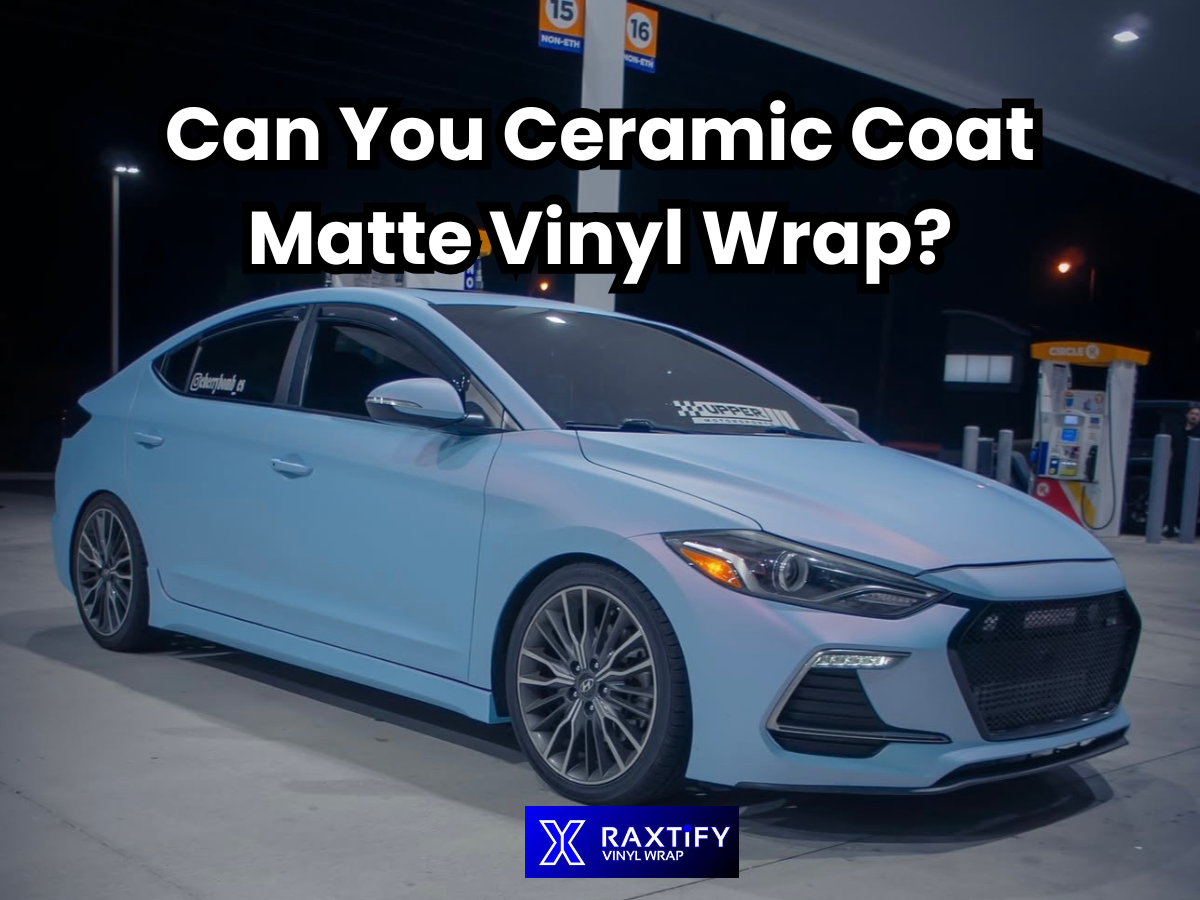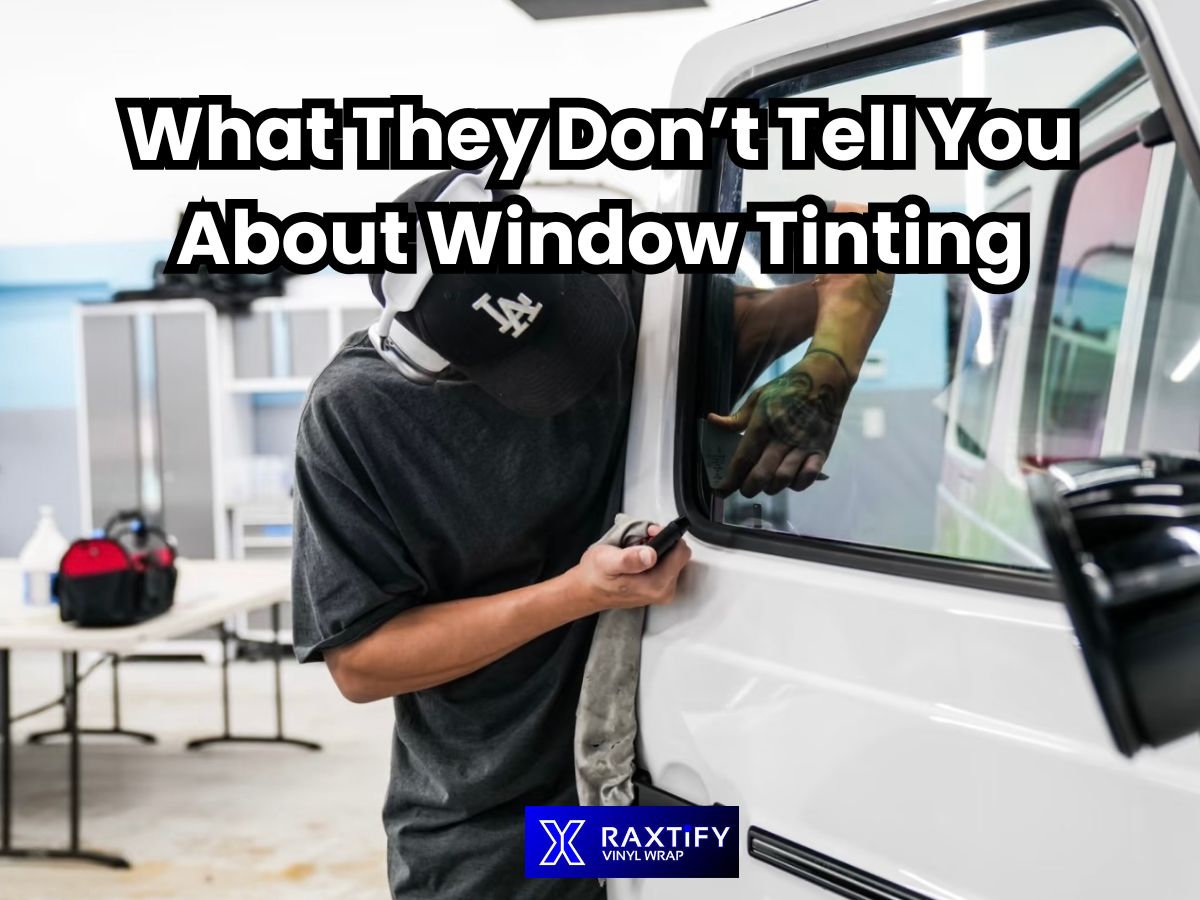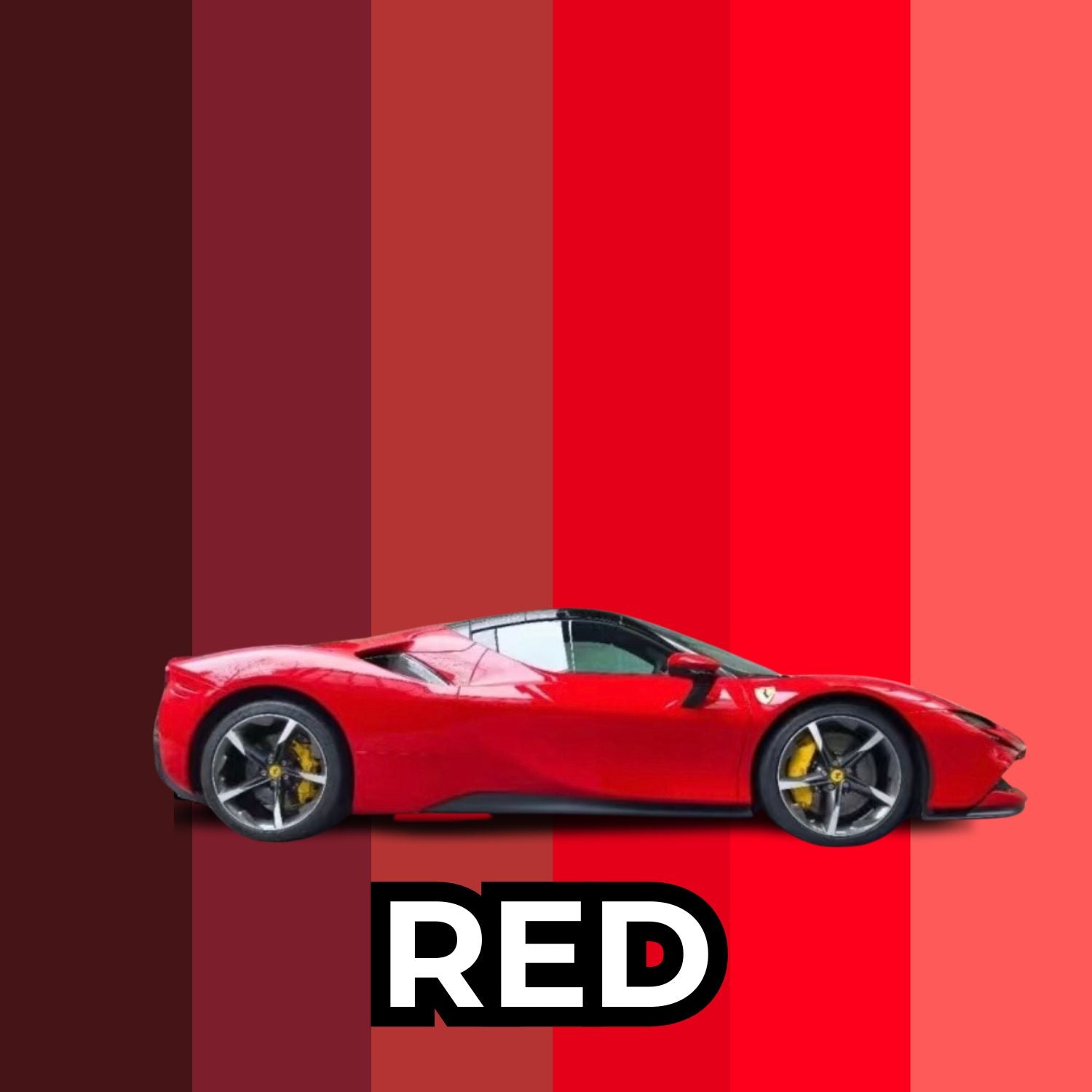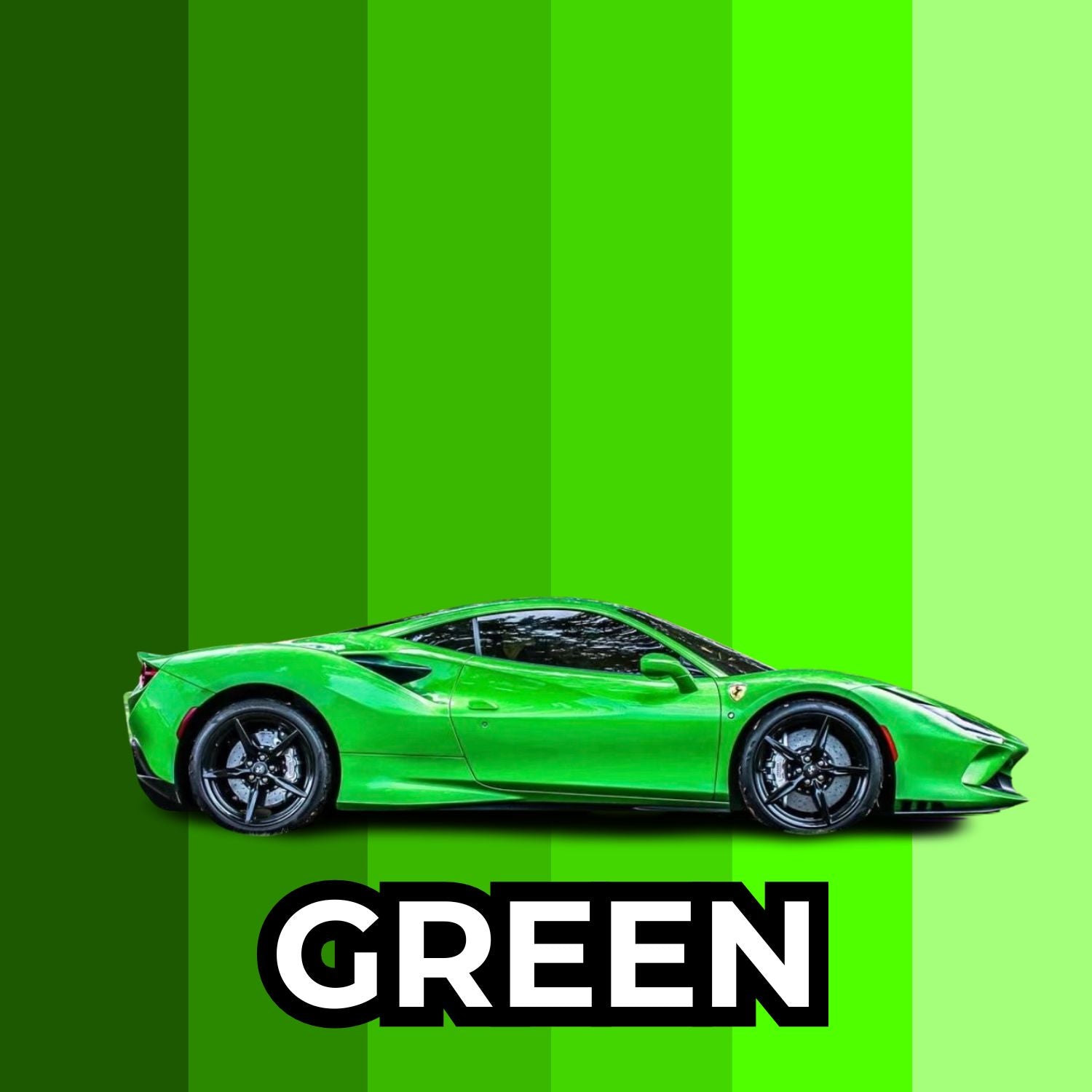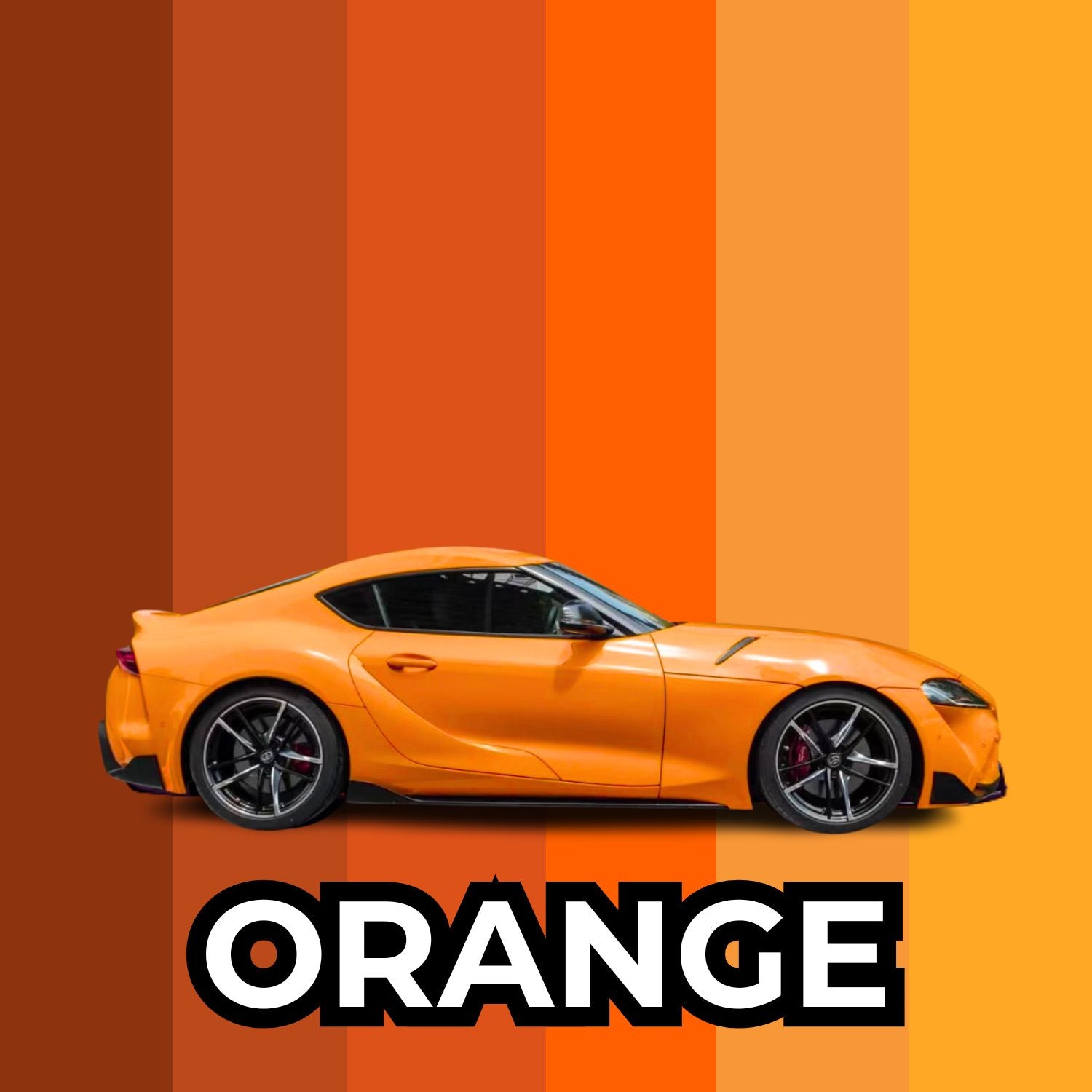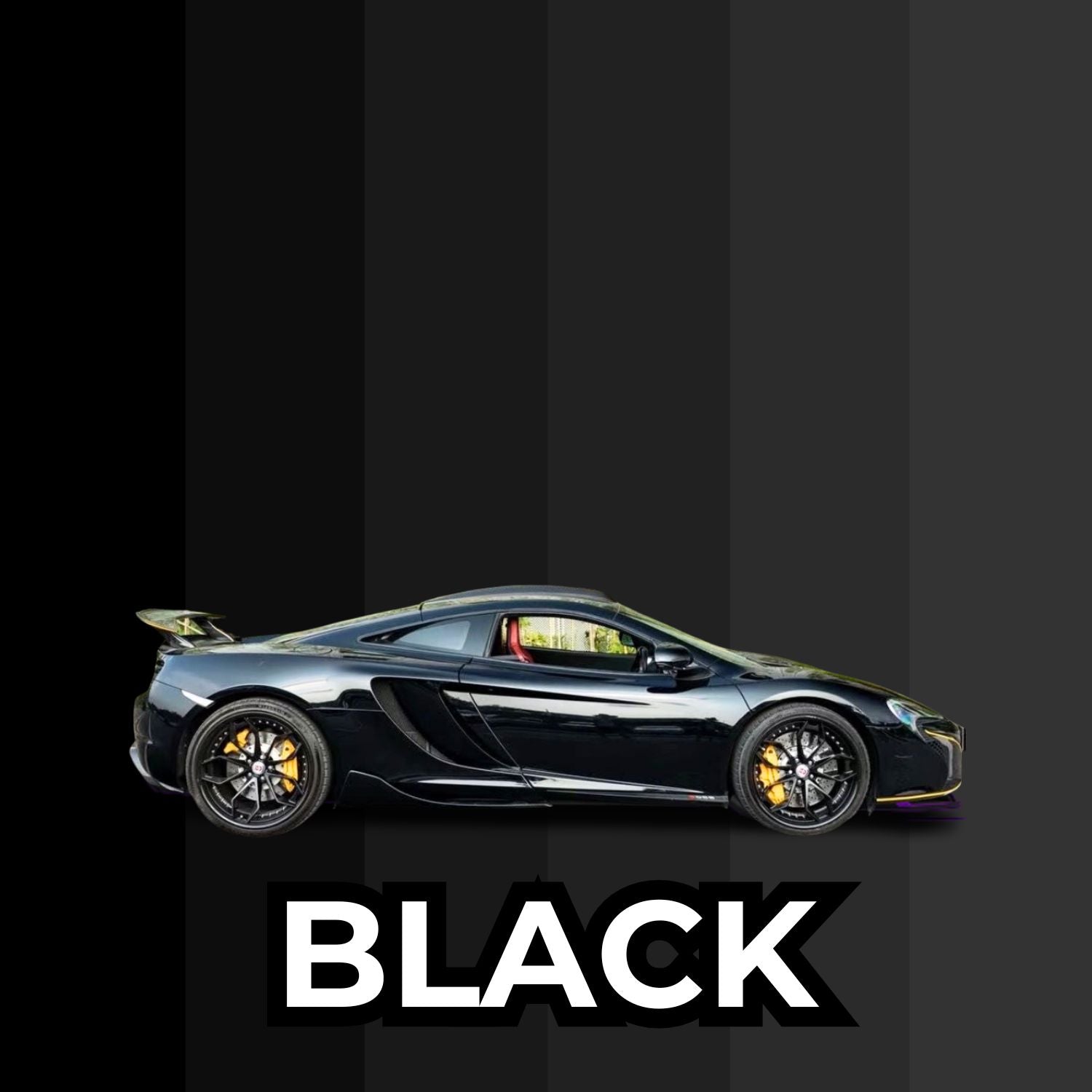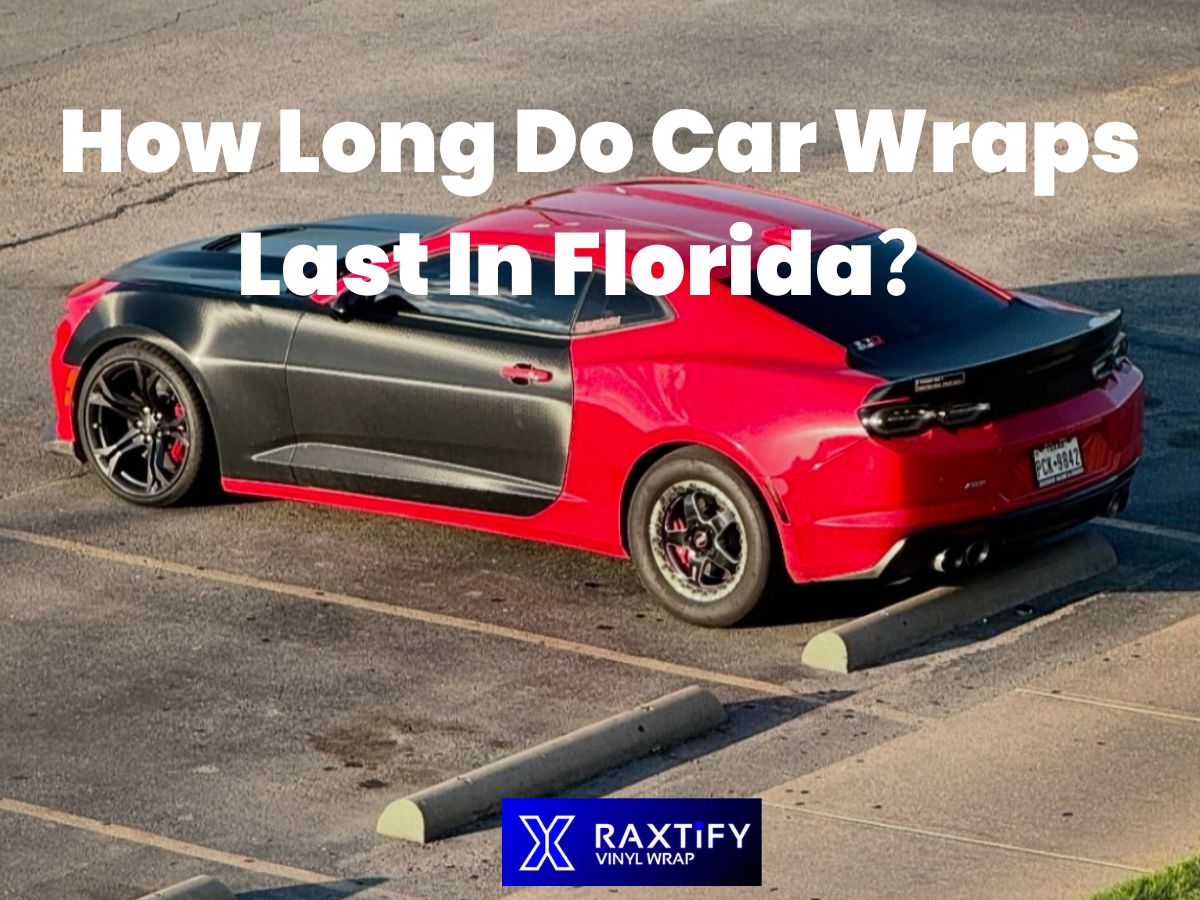
How Long Do Car Wraps Last In Florida?

The life expectancy of a vinyl wrap varies across states due to differing weather conditions. In Florida, how long a car wrap lasts depends significantly on how well it is protected from the state’s harsh environment.
Vinyl car wraps offer an effective way to shield your vehicle's paint, personalize its look, and even promote a brand or product. They are a flexible and cost-efficient choice for both businesses and individuals. On average, a well-maintained vinyl car wrap in Florida can last from 2 to 3 years. High-quality wraps from RAXTiFY might even last up to 3 years or more. However, this is an estimate, and several factors influence this duration.
Proper care, such as regular cleaning and avoiding prolonged exposure to the sun, can help extend the life of your vinyl wrap. Additionally, parking in shaded areas and using a car cover can provide extra protection. By following these practices, you can maximize the longevity of your car wrap and maintain its vibrant appearance.
Factors On Which The Lifespan Of A Car Wrap In Florida Depends
The lifespan of a vinyl wrap can vary significantly based on various factors. With proper installation, care, and maintenance, a high-quality vinyl wrap from RAXTiFY can last several years or more, even in Florida's challenging climate.

1. Quality of the Vinyl Wrap:
The quality of the vinyl material used for the wrap is a critical factor in determining its longevity. High-quality vinyl is more durable and resistant to fading, scratches, and other forms of wear and tear. This is especially important in places like Florida, where there is excessive exposure to sunlight. Using vinyl wrapping materials that can resist UV rays is essential to maintain the wrap's appearance and integrity.
In addition to UV resistance, the vinyl material's overall durability is crucial. It needs to be tough and scratch-resistant to withstand everyday use. The adhesive used in the vinyl wrap should also be of high quality to prevent peeling or loosening over time.
Furthermore, the quality of the vinyl material significantly impacts how long the wrap's color will last. High-quality materials can resist fading and maintain their color vibrancy, even in harsh environments like Florida. By choosing superior vinyl and adhesives, you ensure a longer-lasting, better-looking wrap that stands up to the elements.
2. Professional Installation:
The quality of the installation is crucial in determining the lifespan of a car wrap in Florida. With many skilled vinyl installers available, choosing the right one for your vehicle is essential. Proper surface preparation is key to ensuring the vinyl adheres well. This involves thoroughly cleaning and drying the surface before applying the vinyl. Wrinkles and bubbles can cause the vinyl to stretch or tear over time, leading to premature failure of the wrap.
Experienced installers are adept at avoiding these issues and ensuring a smooth, even installation. Managing heat during installation is critical, as excessive or uneven heat can cause the vinyl to shrink or warp, resulting in wrap failure. Sometimes, multiple pieces of vinyl need to be joined for a seamless wrap, and improper alignment or sealing can create weak points that may come apart over time.

Working with a professional installer who has expertise with vinyl wraps is essential for a durable, long-lasting installation. In Florida, a properly installed car wrap by an experienced professional should last around 3-5 years without major issues
3. Regular Maintenance:
Certain vinyl wraps are simpler to manufacture than others. Expect higher costs for custom-printed vinyl, especially for wrapping your Jeep. Popular vinyl colors include camouflage, black, and blue. Additional costs may apply if the vinyl has glitter or a holographic effect. Chrome and matte wraps tend to be more expensive as well.
Regular washing is essential for maintaining the appearance of a car wrap and preventing the buildup of dirt and debris, especially in Florida's hot and humid weather. Use gentle washing techniques to avoid damaging the vinyl, and promptly remove contaminants like bird droppings or tree sap. Avoid automated car washes. We recommend washing the car at home by hand for the best results.
4. Environmental Factors:
The environment in which a vinyl wrap is exposed can significantly impact its lifespan. Factors such as extreme temperatures, harsh chemicals, UV rays, and other elements can cause the wrap to deteriorate faster. Florida's warm and humid climate, in particular, poses several challenges for maintaining a vinyl car wrap.
Firstly, UV radiation from the sun can cause the vinyl to fade and degrade over time. High temperatures can weaken the adhesive holding the wrap in place, leading to potential peeling or lifting. While high-quality vinyl wraps, like those from RAXTiFY, are designed to resist fading, the intense sunlight in Florida can still affect their longevity.
Additionally, Florida's high humidity levels can trap moisture under the vinyl wrap. This can result in mold or mildew growth, as well as bubbles or peeling of the vinyl. Moreover, frequent rain and exposure to saltwater can accelerate corrosion, further compromising the wrap and potentially damaging the car's surface.
5. Usage and Handling:
The lifespan of a vinyl wrap can be significantly influenced by how it is used and the conditions it is exposed to. Heavy use or frequent contact with rough surfaces can cause the wrap to degrade more rapidly. In Florida, several factors such as driving habits, parking conditions, frequency of use, and overall usage type can affect the durability of a car wrap.

Aggressive driving, characterized by high speeds, frequent braking, and sharp turns, can lead to quicker wear and tear on the vinyl wrap. Parking in crowded areas or tight spaces can increase the likelihood of scratches or damage to the wrap. Moreover, if the vehicle is used frequently, especially for commercial purposes or in harsh environments, it can accelerate the wear process. For instance, off-road activities or rugged applications can expose the wrap to debris, rocks, and other hazards, increasing the potential for damage.
How To Increase The Lifespan 0f Car Wraps In Florida?
Car wraps in Florida endure harsh weather conditions, such as high temperatures, humidity, and UV rays, which can lead to premature fading, cracking, and peeling. Here are some tips to extend the lifespan of car wraps in Florida:

-
Regular Washing: Consistently wash your car to remove dirt, salt, and other contaminants that accumulate on the wrap. Use a mild soap solution and a soft sponge or microfiber cloth. Rinse thoroughly and dry with a soft towel.
-
Wax Protection: Applying wax can shield the wrap from UV rays and other environmental factors. Use a wax product safe for vinyl wraps and follow the manufacturer's instructions. Note that waxing is not suitable for matte vinyl wraps.
-
Shade Parking: Park in shaded areas to prevent the wrap from overheating and fading. Whenever possible, use a covered area or garage.
-
Car Covers: Use a car cover to protect the vehicle from the elements when parked. Ensure the cover is made of breathable material and fits properly to avoid damaging the wrap.
-
Avoid Extreme Heat: Keep the wrap away from extreme heat, such as direct sunlight for long periods or using a pressure washer with hot water. Excessive heat can cause the wrap to shrink, crack, or fade.
Frequently Asked Questions
Q1. How long do car wraps last in Florida's hot climate?
A: Car wraps in Florida typically last 3-5 years, but high-quality wraps can last up to 7 years with proper care.
Q2. Does Florida's sun affect the longevity of car wraps?
A: Yes, Florida's intense sun can fade and degrade car wraps over time. Parking in shade and using UV protectant can help extend their life.
Q3. Can humidity in Florida impact the lifespan of a car wrap?
A: High humidity can affect the adhesive of the wrap, but proper installation and maintenance can mitigate these effects.
Q4. Do car wraps require special care in Florida?
A: Yes, frequent washing and using a UV protectant are recommended to protect the wrap from Florida's harsh weather conditions.
Q5. Are there specific car wrap materials better suited for Florida's climate?A: Premium vinyl wraps with UV protection are better suited for Florida's climate, offering better resistance to sun damage and humidity.
Final Words
The lifespan of a vinyl car wrap in Florida can vary based on several factors, including climate, conditions, and maintenance. Florida's warm and humid environment can speed up the deterioration of vinyl wraps due to UV radiation and high temperatures. Generally, a well-maintained vinyl car wrap in Florida lasts between 3 to 5 years. Some high-quality wraps can last even longer, up to 5 years or more. Regular cleaning, proper maintenance, avoiding extreme temperatures and harsh chemicals, and having a skilled professional install the wrap can significantly extend its lifespan.
Related Resources:
Featured blog
- Choosing a selection results in a full page refresh.
!









































































